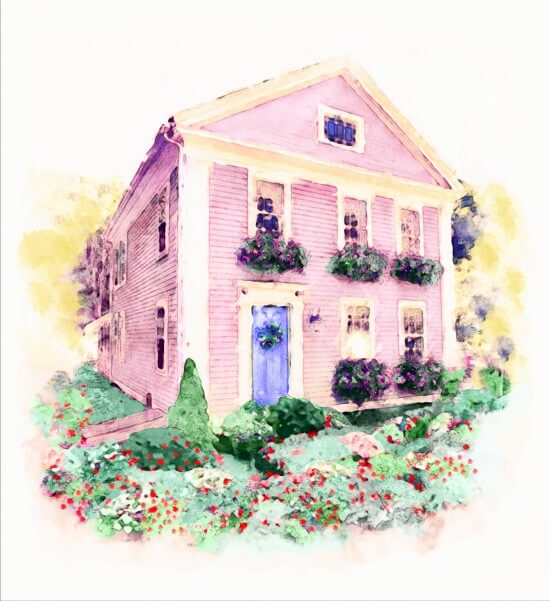georgiabarberlounge.com What does an edible garden and tax day have in common? The week of Tax Day is an anticipated week for Georgia gardeners. While other folks are preparing for the last file date, growers are preparing for plants. All through this week is the last frost date of the year in the Atlanta region and raised beds are bursting with seasonal veggies. The metropolitan temperature is warming up and becoming appropriate for plenty of juicy summer (and some fall) veggies. As for me, I’m limited to the veggies I will grow. My residence is a small condominium with a railed, ledge on the balcony. As a result, I must improvise to get the best growing results. If you’re dwelling in the city, then you may be facing a similar issue. Here’s what I have planned for my containers, edible gardens and what I advise for an urban edible garden:
Urban Edible Garden To-Dos

Cedar Wood Tier Pot Stand. Cedar wood is favored in gardens because it naturally resists water and bugs. I’m interested in a cedar stand since my prime concern is the amount of sunlight my garden will obtain. Gardens require 6 hours of direct sunlight to thrive. I’m organizing a suitable space due to the lack of full sun on my balcony. The flip side of urban edible gardening is the lack of trees, in suburban areas trees are an issue for gardeners.
Organic Potting Soil. Pike Nurseries soil is nourished and formulated to allow for the best drainage.
Dwarf Varieties Seeds. In limited spaces you’re limited to cultivate your garden. Dwarf varieties will produce a luscious garden but not at usual height. The veggie will remain at its usual size. It is important to review the maturity and spread when you’re selecting your dwarf varieties.
Untreated Seeds. Untreated seeds do not have a fungicide or insecticide coat. In my opinion, it’s not necessary for treated seeds to be planted in a container garden since most potting soil is sterilized to prevent soil borne diseases. Untreated seeds are available in dwarf varieties.
Summer Veggies. Tomatoes and Peppers (6-8 weeks to germinate), Squash and Cucumber (3-4 weeks to germinate), and Eggplant (8 weeks to germinate). There’s also basil, melon, and okra to name a few.
Slow Release Fertilizer. I’m sure you don’t want the roots of your plants to starve! The potting soil does its job, but it needs help. Sulfur-coated slow release fertilizer will provide nutrients to the plant’s roots thru most of its germination.
Water. Of course this will give your plant a boost.
Monitor & Maintain. Summer veggies are usually heavy feeders. I suggest you water and watch the plant daily to ensure it’s nurtured.
Grow big in your urban edible garden space this spring and summer!
Illustrations used in this publication are property of Style and Living Profile. Do not republish without permission and credit.

This work is licensed under a Creative Commons Attribution 4.0 International License.







